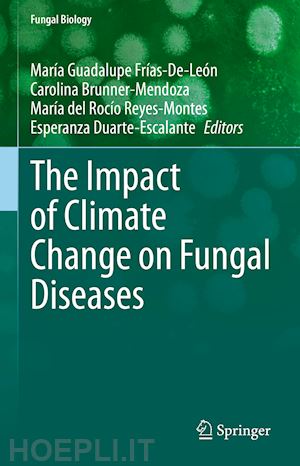Carolina Brunner-Mendoza Associated Professor in the Department of Microbiology and Parasitology, Universidad Autónoma de México (UNAM), Mexico. Her research studies include phylogenetics of entomopathogenic fungus and analysis of airborne microbiome. She is currently working on the molecular epidemiology of sporotrichosis.
María del Rocío Reyes-Montes Professor of Universidad Nacional Autónoma de México (UNAM) since 1997. She received his degree in Pharmacobiological Chemistry in 1977, the degree of MD (Immunology) in 1982 and the doctorate in Biomedical Sciences in 1993 by the UNAM. Her research with fungi has focused on Molecular Epidemiology of pathogenic fungi, obtaining molecular markers for the identification and typification of pathogenic fungi and Molecular diagnosis of pathogenic fungi, especially with the Aspergillus and Coccidioides fungal models and he is currently working on molecular epidemiology of Dermatophytes.
Esperanza Duarte-Escalante obtained the degree of Dra. in Biological Sciences in 2014. She works at the Faculty of Medicine of the Universidad Nacional Autónoma de México (UNAM) and has the appointment of Titular Academic Technician "C" and Associate Professor. She has directed a bachelor's thesis and social service. She has participated as a visiting professor in graduate courses and has been a member of tutorial committees for graduate students. She has participated as an invited reviewer in scientific journals. She has participated in 32 articles published in international scientific journals with impact factor. She belongs to the Program of Premiums for the Performance of Full-Time Academic Personnel (PRIDE) granted by the DGAPA-UNAM, with level “D”, in addition belongs to the National System of Researchers Level 1. She has worked fundamentally in the lines of research “Molecular epidemiology of pathogenic fungi” and “Obtaining molecular markers for the diagnosis of pathogenic fungi”, mainly focused on the models Aspergillus spp., Coccidioides spp. and dermatophytes.











